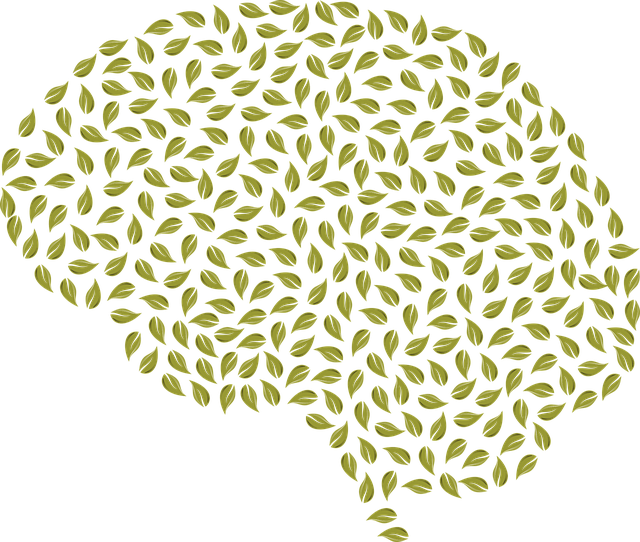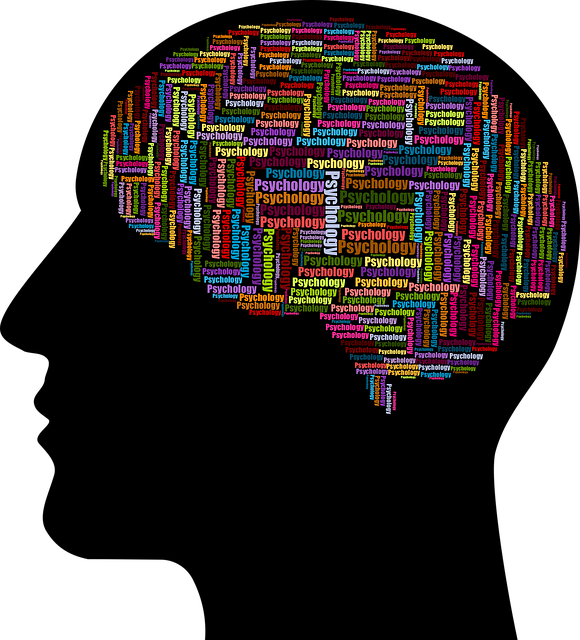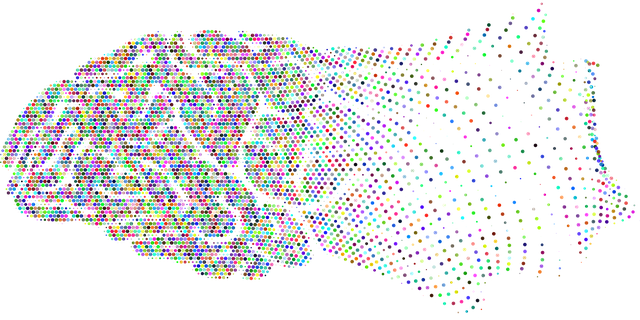Understanding adult mental health needs is crucial when designing effective education programs. These should cater to diverse backgrounds, address specific issues like anxiety and depression, and incorporate mindfulness practices proven to reduce stress and foster well-being. Key components include comprehensive content on stress management, emotional intelligence, and communication strategies, delivered through workshops, online modules, and one-on-one therapy. Skilled facilitators create safe spaces, encourage active participation, and promote empathy to reduce stigma. Evaluation using diverse assessment tools is vital for continuous improvement, ensuring the program supports adults' mental well-being, with a focus on both mindfulness and therapy for adults.
In today’s fast-paced world, addressing adult mental health needs through comprehensive education programs is paramount. This article explores the design of an effective mental health education program centered around mindfulness-based interventions for adults. We delve into key considerations such as understanding target populations, structuring content, facilitating engagement, and evaluating impact. By implementing evidence-based principles and adaptive strategies, this program aims to enhance well-being and provide therapy for adults through accessible mindfulness practices.
- Understanding Adult Mental Health Needs: Identifying Gaps and Targets
- Principles of Effective Mindfulness-Based Interventions for Adults
- Structuring the Program: Content, Duration, and Delivery Methods
- Facilitation Techniques: Engaging Participants and Fostering Safety
- Evaluation and Adaptation: Measuring Impact and Continuously Improving the Program
Understanding Adult Mental Health Needs: Identifying Gaps and Targets

Understanding adult mental health needs is a pivotal step in designing effective education programs. Adults bring a unique set of challenges and resilience to therapy, often seeking support for conditions like anxiety and depression, or aiming to develop inner strength and emotional healing processes. Programs should cater to diverse backgrounds and experiences, recognizing that mental health issues do not discriminate based on age, culture, or socioeconomic status. By identifying gaps in current resources and targeting specific populations, educators can ensure their programs meet genuine needs.
Focusing on mindfulness practices within these educational frameworks can be immensely beneficial. Mindfulness has been shown to reduce stress, enhance emotional regulation, and foster overall well-being—all crucial aspects of adult mental health support. Incorporating techniques that promote self-awareness and present-moment focus can empower individuals to manage their mental health proactively, leading to improved quality of life and potentially reducing the need for intensive interventions like therapy in the future.
Principles of Effective Mindfulness-Based Interventions for Adults

Mindfulness-based interventions have gained prominence as effective therapy for adults seeking mental health support. These programs focus on teaching individuals how to be present and fully engaged with their current moment, a skill that can significantly enhance overall well-being. The core principles behind such interventions emphasize self-awareness, acceptance, and non-judgmental attention, which are essential components of successful mindfulness practices.
Effective mindfulness programs often incorporate various techniques, including meditation, breathing exercises, body scans, and mindful communication strategies. These tools help adults cultivate a deeper understanding of their thoughts and emotions, thereby facilitating better stress reduction methods. Moreover, social skills training within these programs can foster connections and improve relationships, addressing another critical aspect of mental health. By integrating these practices, mindfulness-based interventions offer a holistic approach to therapy, empowering individuals with the skills needed to navigate life’s challenges more effectively.
Structuring the Program: Content, Duration, and Delivery Methods

When designing a mental health education program, one must carefully consider the content, duration, and delivery methods to ensure its effectiveness. The program should be structured to cover a comprehensive range of topics related to mental wellness, including but not limited to stress management, emotional intelligence, and communication strategies. Incorporating evidence-based practices such as mindfulness techniques can significantly enhance participants’ ability to navigate challenges and improve their overall well-being.
The duration of the program plays a crucial role in its impact. A longer course allows for deeper exploration of themes and more opportunities for practice. However, it’s essential to balance this with practical considerations like participant availability and commitment levels. Delivery methods should be diverse, catering to different learning styles. This could involve workshops, online modules, interactive sessions, and even one-on-one therapy for adults seeking personalized support. Incorporating confidence-boosting exercises throughout can empower individuals to take charge of their mental health.
Facilitation Techniques: Engaging Participants and Fostering Safety

Effective mental health education programs rely heavily on skilled facilitation techniques to engage participants and create a safe learning environment. Facilitators play a pivotal role in guiding discussions, ensuring every voice is heard, and fostering an atmosphere where individuals feel comfortable sharing their experiences and insights. Interactive activities, such as group discussions, role-playing scenarios, and mindfulness exercises, are powerful tools to capture attention and promote active participation.
Creating a safe space is essential for vulnerable topics like mental health. Facilitators should employ techniques to reduce the stigma associated with mental illness, encouraging open dialogue and empathy among participants. Conflict resolution strategies can be integrated into the program to handle potential disagreements, ensuring constructive exchanges that enhance understanding rather than deterring engagement. By combining engaging facilitation methods and a supportive atmosphere, mental health education programs can effectively empower adults to navigate their mental wellness journeys with enhanced coping mechanisms and improved communication skills.
Evaluation and Adaptation: Measuring Impact and Continuously Improving the Program

Evaluation is a crucial step in designing an effective mental health education program. Measuring the impact and outcomes of such initiatives allows for continuous improvement and ensures that the program remains relevant and beneficial to its target audience, specifically adults seeking therapy. By incorporating various assessment tools and techniques, organizers can gain valuable insights into participants’ well-being, satisfaction levels, and behavioral changes. This feedback loop enables them to adapt and refine the curriculum, ensuring it aligns with the evolving needs of those dealing with stress, anxiety, or even depression prevention.
For instance, incorporating self-esteem improvement activities alongside mindfulness meditation practices can provide a holistic approach to mental health education. Regularly assessing participants’ progress through surveys, interviews, or focus groups will help identify areas of success and potential challenges. This data-driven approach facilitates the integration of innovative strategies, ensuring the program evolves to better support adults on their journey towards improved mental well-being.
Mental health education programs, centered around mindfulness practices, can significantly benefit adults by addressing their unique needs. By incorporating evidence-based strategies outlined in this article—from understanding target demographics to adaptive facilitation techniques and rigorous evaluation—mental health professionals can design effective interventions that enhance well-being. Integrating these principles fosters a comprehensive approach to therapy for adults, ensuring engaging content delivered through diverse methods that cater to different learning styles. Ultimately, continuous adaptation based on program impact ensures a dynamic and responsive mental health education experience.












